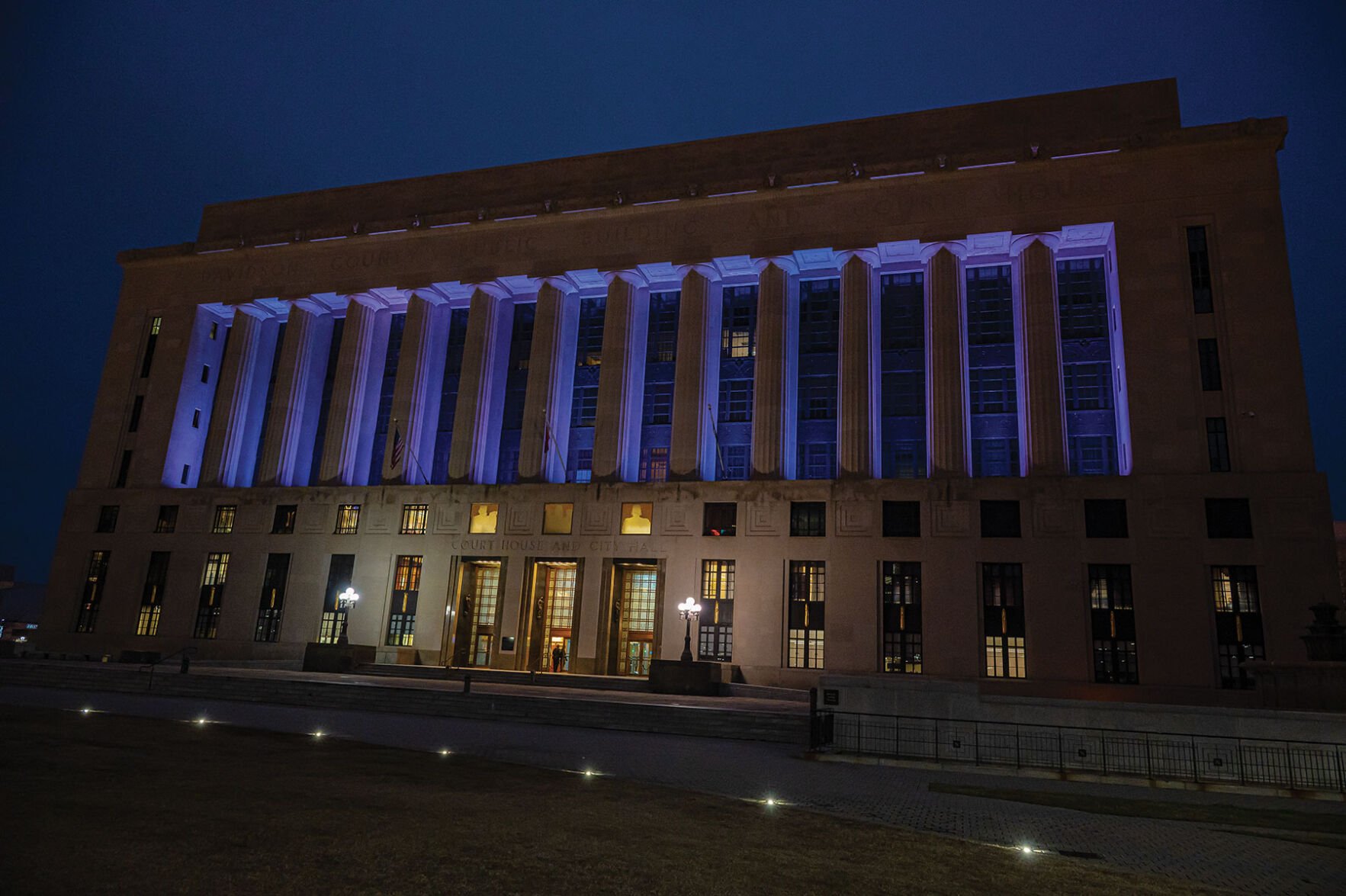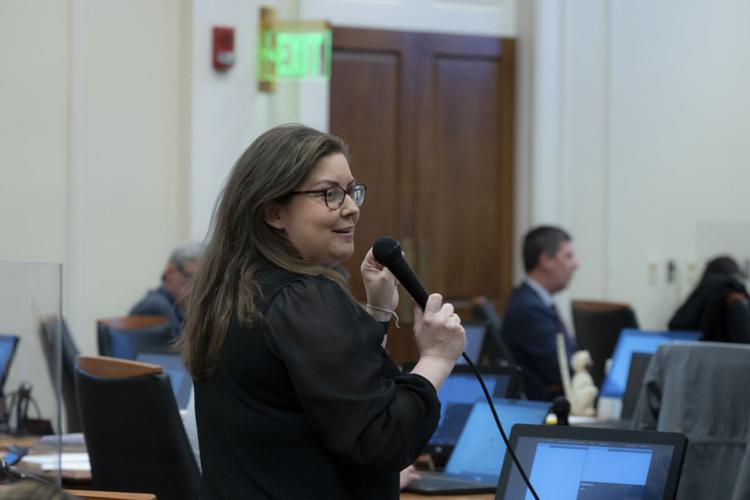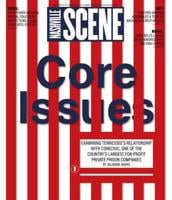Nashville’s lobbyist reporting code faced its first campaign season last year after undergoing comprehensive updates in 2020 by former Councilmember Kathleen Murphy. Initial filings reveal a split on whether to report campaign contributions — among the biggest and most direct categories of financial transfers made by lobbyists to government officials.
Murphy’s efforts targeted the city’s scant reporting requirements, which had remained relatively untouched since the early 1990s. A former lobbyist herself (Murphy was registered with the state of Tennessee from 2007 to 2022), she wanted to bring the city’s anemic regulatory framework closer to the state’s. Tennessee bans campaign donations from lobbyists, for example; Murphy included a similar provision in an early draft of her legislation, termed the “Metropolitan Nashville Lobbying Act,” but she struck it after being told by Metro lawyers that she’d need enabling legislation from the state legislature. Before that could happen, she intended that lobbyists report campaign contributions in ethics disclosures.
“It was shocking how many people would lobby me and not acknowledge that they needed to be registered,” Murphy tells the Scene. “It’s not fair that neighborhoods don’t know who they’re up against, whether it’s a zone change or the stadium deal. We need to know who’s talking to councilmembers and who’s speaking at meetings and who’s paid and who’s not.”
Murphy attributes ongoing confusion to a lack of resources concerned with ethical government conduct within Metro. Legal interpretations fall outside the scope of the Metro clerk, for example, leaving lobbyists to follow their own reading of the Metro code.
“We have regulatory bodies that track, follow and verify this type of transparency-seeking at the state level — Metro doesn’t have that,” says Murphy. “That was my vision for next steps: more enforcement and funding for transparency. I think this council and Mayor O’Connell need to pick that up and carry it forward.”

Kathleen Murphy
As of mid-January, some lobbyists have reported their election season spending. Other disclosures, signed and dated by their clients, don’t include individuals’ campaign spending. Lobbyists who spoke with the Scene intend to supplement these client reports with their own individual reports before the month is up, an additional and potentially unnecessary step not stipulated by the Metro clerk.
Metro Clerk Austin Kyle, who receives lobbyists’ filing disclosures, says reporting campaign donations is not required because those are already reported to the state. “If they’re reported elsewhere, they’re not required to be included in this report. Before 2020, old lobbyist reports did ask for that list.”
During the 2023 election cycle, candidates’ financial reports were dotted with donations from registered lobbyists identified under professional metonyms like “attorney,” “public relations,” “communications,” “government relations” and “lawyer.” During one six-week period from late July to early September, lobbying giant Holland & Knight was associated with more than $12,000 in donations to Freddie O’Connell. Its attorneys include Catie Lane Bailey, James Weaver and Quan Poole, a trio who lobbied for more than 25 clients in 2023.
“Sorry, I can’t help with your story,” Poole tells the Scene, citing a firm policy that requires approval before talking to the media. In September 2020, Poole, then a Metro attorney, attended a Metro Board of Ethical Conduct meeting that initially reviewed today’s updated reporting code.
Today, reporting includes four categories: gifts and expenditures by a client to the legislative branch (Schedule A) or executive branch (Schedule B) on behalf of a lobbyist, and gifts and expenditures to the legislative branch (Schedule C) or executive branch (Schedule D) by a lobbyist in an individual capacity.
David Kleinfelter, an attorney at Reno & Cavanaugh and a former councilmember currently registered as a Metro lobbyist, disclosed $1,550 in campaign contributions to now-Mayor O’Connell.
“I just did what the form said,” Kleinfelter tells the Scene. “I wasn’t aware other people weren’t doing this. I expect there’s some weird interpretation going on.”
Several other lobbyists who spoke with the Scene shared similar analysis, agreeing that they were required to report campaign contributions made during 2023. Many are attorneys who built careers on reading, interpreting and arguing ambiguous bureaucratic language.
“The law requires anyone who’s a registered lobbyist who makes a political contribution to provide the amount and the date and to whom they made that donation,” lobbyist Joe Hall tells the Scene. “I don’t see an alternate approach where you don’t. I made personal donations to a number of candidates that I will also have to disclose. I’m registered for nine clients, maybe 10, and I will provide the disclosures for my activity on all those clients too.”
Disclosures for lobbyists like Hall, whose firm Hall Strategies contracts with multiple clients, come to Metro piecemeal. Bristol Motor Speedway reported nine lobbyists (including Hall) registered with Metro in 2023; the same group reported 10 lobbyists to Metro for 2024, excluding Kimberly Faye and adding Rob Mortensen and Maxwell Johnson. For each lobbyist, Bristol submitted the front half of a disclosure, detailing any gifts or expenditures from the company to elected officials (all were blank), leaving the back half for lobbyists’ individual filings. Metro’s files are full of blank pages from multi-lobbyist entities like Axon (TASER vendors) and the Titans.
Murphy says she’s spoken with current councilmembers to finish work she started in 2020.
“I spent a lot of time drafting it and floating it around and getting feedback,” Murphy tells the Scene. “It’s disappointing it hasn’t done what I intended it to do.”






